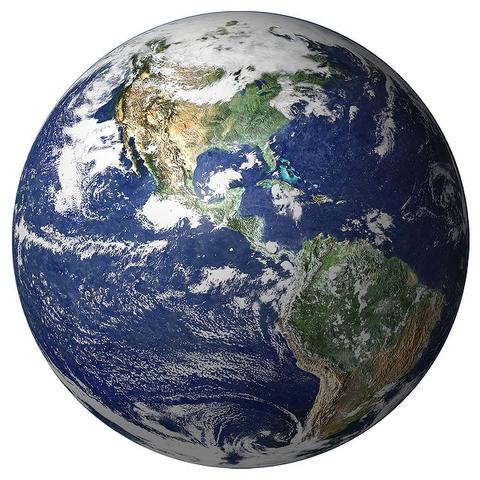
Master's degree in Earth and planetary sciences, environment (STePE)
The Earth and Planetary Sciences, Environment (STePE) specialization focuses on the disciplines of Geosciences and Hydrosciences, and is divided into five pathways. Each pathway (with the exception of the SV-STU agrégation) offers training in Earth and Environmental Sciences, with a view to gaining access to careers associated with these disciplines.
Objectives
This program aims to meet the needs of research and development in companies and research institutes, as well as applying the disciplines of geosciences and hydrosciences in companies and local authorities. In addition to common courses enabling the development of cross-disciplinary skills, the disciplinary courses focus on the observation of objects at all scales in the field and laboratory, and the modeling of natural processes:
- Ability to implement an experimental approach, from carrying out a bibliographic synthesis (analysis of reliable sources, ability to synthesize, critical analysis of existing data), to setting up relevant analysis protocols (carrying out and monitoring analyses), their synthesis and critical discussion, and the transmission of results (written dissertations/reports, posters, oral presentations);
- acquire the necessary autonomy and teamwork skills to manage research and application projects;
- develop a creative and innovative approach (ability to learn and self-train) and coordination (teamwork, work organization and task management).
Organization
The curriculum is structured around UEs common to the SDUEE department (12 ECTS in S1, 6 ECTS in S2 and 3 ECTS in S3), common to the STePE specialization (6 ECTS in S1, 6 ECTS in S2) and compulsory or elective path UEs for students (detailed in the path sections). Specialization within courses is initiated in M1 S2, but mainly takes place in M2 S3.
Most of the training is organized on a face-to-face basis (in the classroom and in the field).
Research training is provided via an eight-week internship in M1 S2 (6 ECTS) and a minimum four-month internship in M2 S4 (30 ECTS). In both cases, paid extensions are encouraged.
In addition, there is preparation for the external SV-STU aggregation.
Skills and knowledge
- Advanced knowledge of the different disciplinary fields of Geosciences and Hydrosciences, and the application of these disciplines.
- Master techniques for observing geological and hydrological objects in the field and laboratory.
- Understand and apply techniques for analyzing and modeling geological and hydrological phenomena.
Target audience and admission requirements
The STePE specialization is aimed at students with a bachelor's degree (L3) or equivalent from abroad. It mainly welcomes students from Earth and Environmental Sciences backgrounds, but also those from Physics, Chemistry and Biology wishing to specialize in Geosciences and Hydrosciences.
Admission is based on an application, which may be supplemented by a personal interview.
Job opportunities
The careers corresponding to the subjects covered by the STePE specialization are constantly evolving, particularly in the direction of increased multidisciplinarity. Career opportunities are equally divided between pursuing a doctoral research project (university or company-based CIFRE/research agreement thesis) and careers in research/development and project management in companies (SMEs, key accounts).
